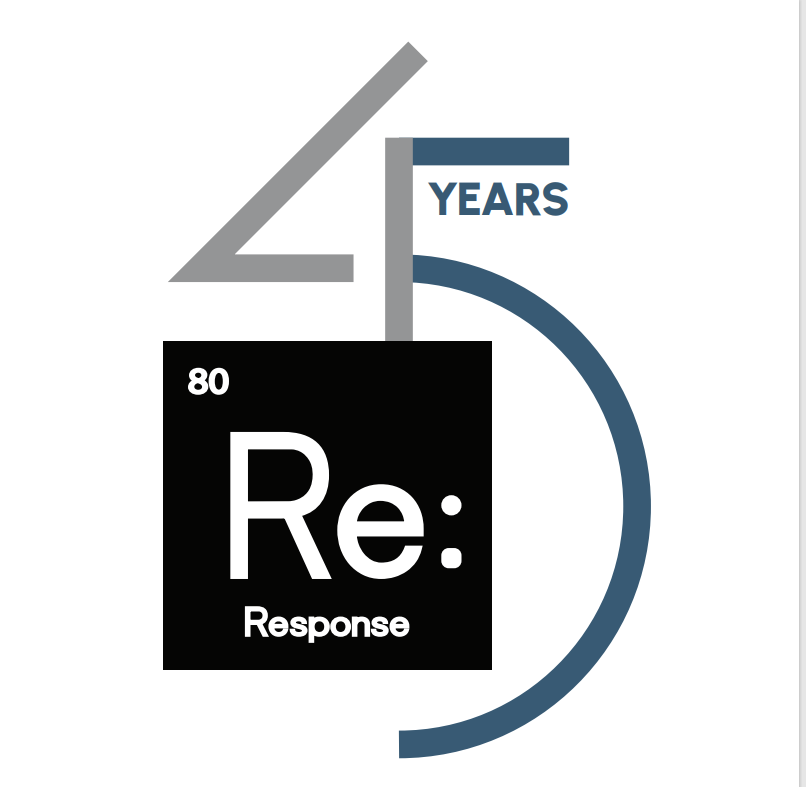What does brand building look like in the age of eCommerce?
- A mattress company made $1 million in sales in its first month and $100 million within its first two years.
- A razor company acquired 1 million customers in two years and sold for $1.6 billion six years after its founding.
- A pants company reached a $1 million annual run rate just six months after its founding.
The brands above are the darlings of direct-to-consumer. All started outside the traditional retail ecosystem and, as such, grew in ways they could not have otherwise. They are the old guard of DTC at this point; the DTC model is no longer just about upstart brands breaking the mold.

Any brand growth strategy that fails to include a DTC eCommerce component is overlooking a fundamental part of what’s currently driving the market. DTC is a model all brands should explore and evaluate for one simple reason: growth.
Why DTC Makes Sense
Beyond merely a new way of marketing and sales for startups and small companies, DTC also comes as a paradigm shift for established brands using conventional retail supply chain distribution models.
The importance of the DTC eCommerce sales model is growing because it offers businesses several competitive advantages. There are three primary reasons why a DTC eCommerce approach makes sense for your brand.
DTC Can Be More Profitable
It would be naive to start the conversation without a focus on profit. One of the biggest drivers of the DTC movement is a search for higher profit margins. Better profitability is a motivation for all brands regardless of size. DTC can streamline the sales and supply chain processes. By going directly to consumers, brands retain revenue that is typically otherwise split among supply chain partners such as wholesalers and retailers. The shift toward DTC is also growing thanks to the efficiencies and cost savings created by advances in technologies.
DTC Builds Unique Relationships
DTC allows brands to take control of the customer experience without a need to rely on third parties. Brands bypassing the brick-and-mortar route don’t need to deal with slotting fees, in-store merchandising requirements, or close-in competition. Direct interactions with customers also allow for the collection of valuable first-party data. Over time, and with care, a mutually-beneficial relationship emerges. Companies miss out on this opportunity when relying on distributor or reseller websites for exposure.
People Want to Buy Direct
Shopping preferences are changing rapidly, perhaps daily. With access to more information and more products than ever, buying direct is easy. In some cases, buying direct is preferable. According to iXtenso, 55% percent of people prefer to shop directly with brand manufacturers over retailers. The direct relationship serves the shopper while benefitting the brand. Buying direct can mean there is less risk than going through a third-party retailer as it avoids old or even counterfeit merchandise. People also believe brands are more likely to help if there is an issue. DTC eCommerce is not all roses and sunshine, however.
If you are selling yourself, the burden and cost of brand building are yours alone to bear. Consumers can be wary of new brands without a previous track record of interaction. There is no halo of trust from established retailers who make a habit of successfully introducing new brands. Lastly, the cost to develop a new brand and attract buyers can be costly. Many of the digital and social channels used to establish some of the early DTC winners have become increasingly expensive.
For existing brands looking to test the water of DTC eCommerce, there is an added drawback of which to be aware. For any brand that will continue to sell via established retail channels, keeping price/channel coherence is critical. Nothing makes retailers madder than seeing different pricing in the marketplace that puts them at a disadvantage.

The DTC eCommerce Payoff
The payoff for companies employing DTC and using direct marketing channels to create personalized consumer content is significant. While 90% of sales still happen at physical retail stores, online US CPG sales rose 35.4% in 2018 and accounted for the majority of overall growth. For new brands, DTC can be a faster ticket to sales and an efficient method to launch a product. For all brands, DTC eCommerce creates a more personal, leverageable relationship resulting in higher engagement, satisfaction, and profitability.
















